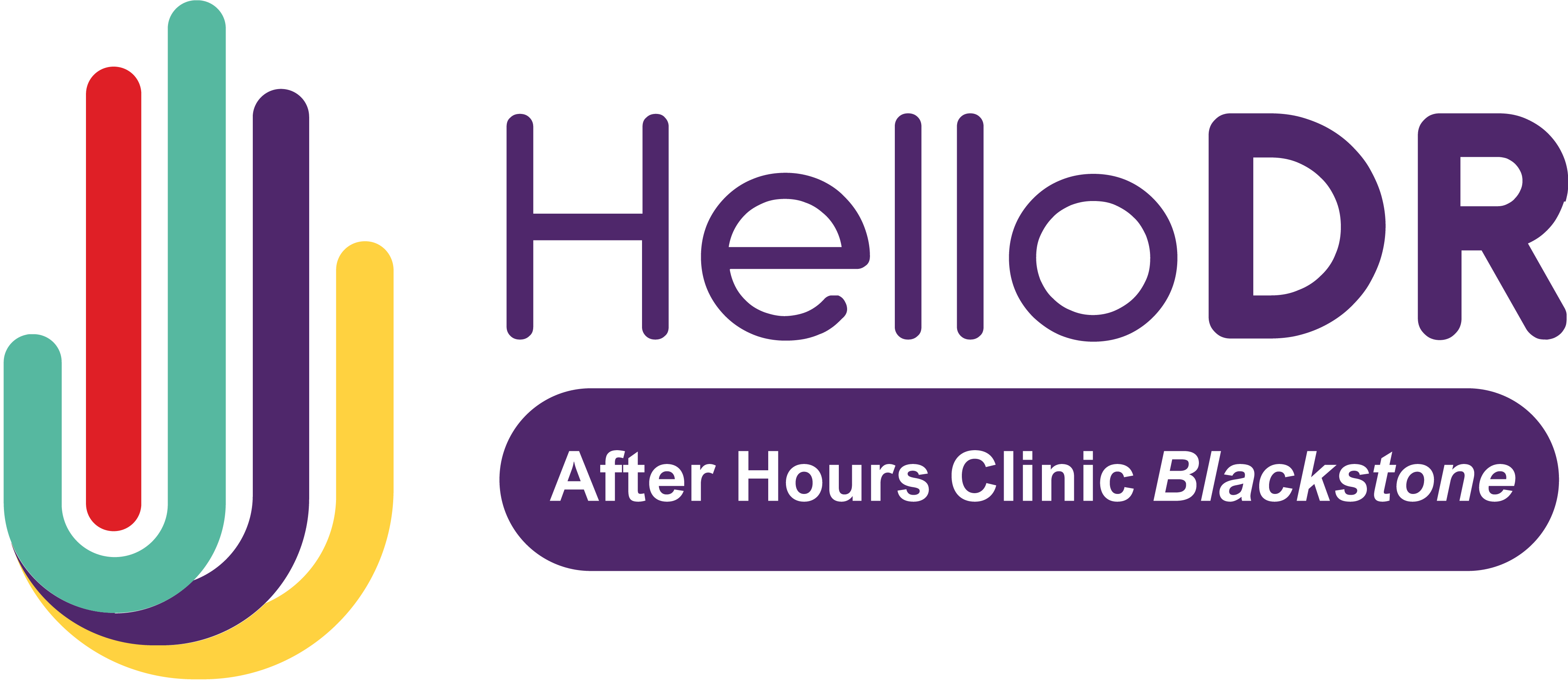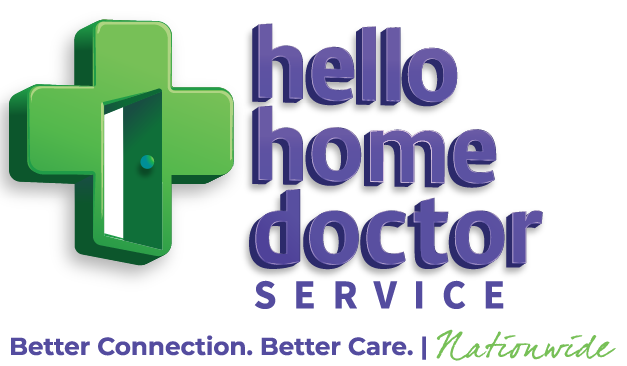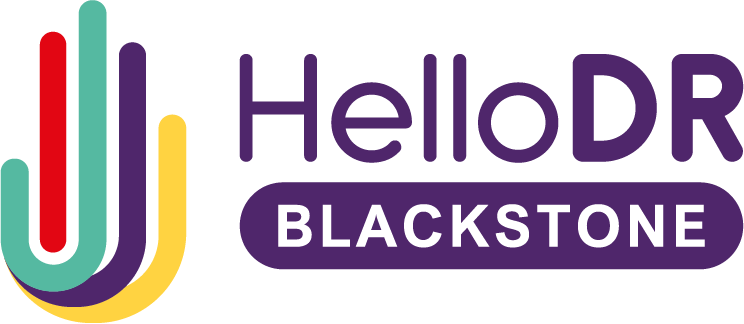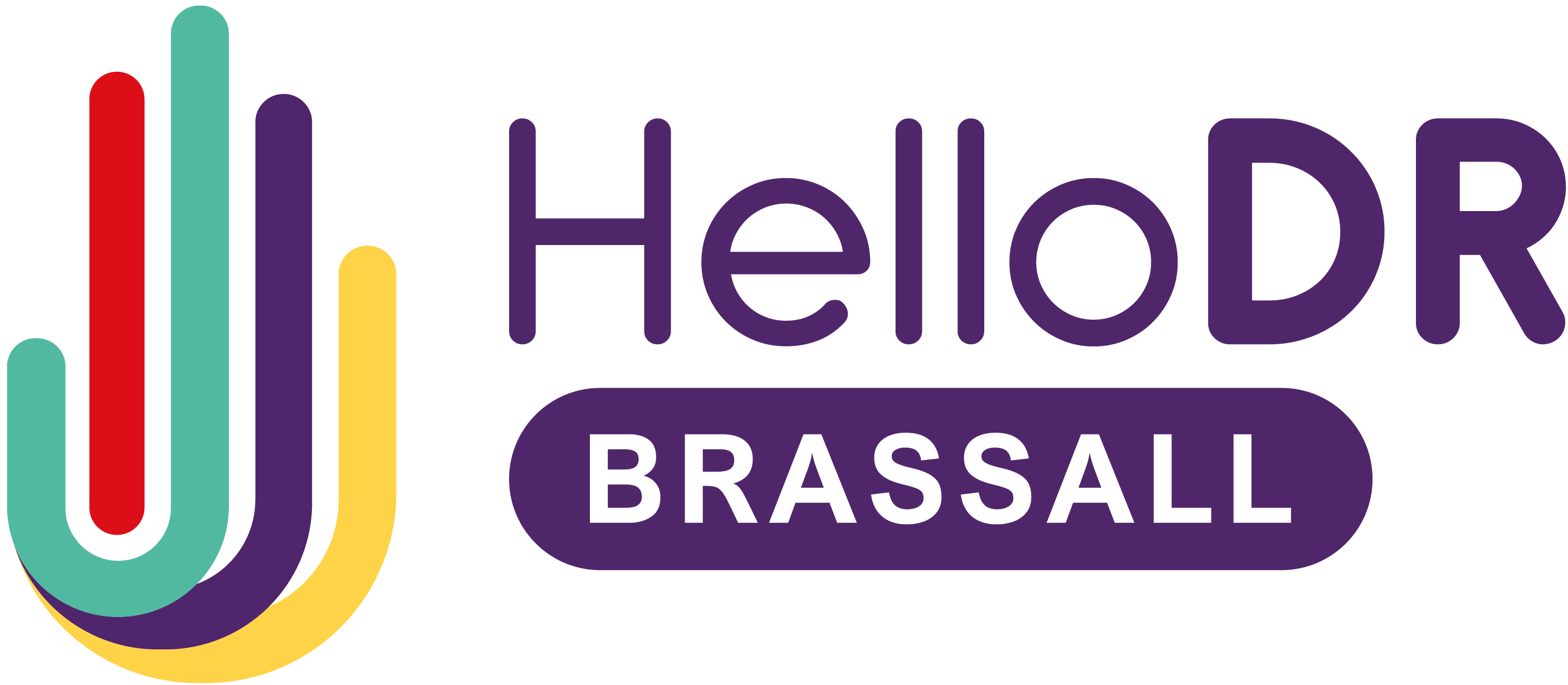Contact Our Medical Hubs in HelloDR
Your Local Health Hub for Bulk Billing GPs & More
Thank you for choosing HelloDR We're here to provide personalised and accessible healthcare at our locations in Ipswich (Blackstone), Esk and Toogoolawah. For appointments, questions, or further information, please contact your preferred clinic below.
Please note: Submitting this form does not constitute a confirmed booking. Our team will contact you to finalise your appointment details.

For after-hours medical care in Blackstone QLD, you can contact HelloDR After Hours Clinic Blackstone on 07 3073 3933.

For Bulk-billed home visits, contact Hello Home Doctor Service on 13 41 00.
If your condition is an emergency, please call 000 or attend to your nearest emergency department.
Feedback & Complaints
We value your feedback!
If you have compliments, suggestions, or concerns about your experience with HelloDR, please reach out via:
- Phone
- In Person Speak to our friendly team at either clinic.
Our Continuous Improvement Journey
HelloDR complies with the Australian Privacy Principles (APPs) outlined in the Privacy Act 1988 (Cth). These principles govern how we handle personal information, including sensitive health information, ensuring your privacy is respected and protected.
Have Questions ?
Call Us or Send An email at our medical health hubs
Why Your Feedback is Important ?
- Improve our services and patient experience
- Celebrate the dedication of our team
- Inspire others by sharing your stories
Leave us a Review on HelloDr Blackstone or HelloDr Esk Today
Complaints Handling
We aim to address all complaints promptly and courteously. If you feel your concern has not been resolved to your satisfaction, you may contact:
- Office of the Health Ombudsman (OHO)
- Phone: 133 OHO (133 646)
- www.oho.qld.gov.au
Your feedback and complaints help us continually enhance the quality of care and service we provide. Thank you for helping us improve.





